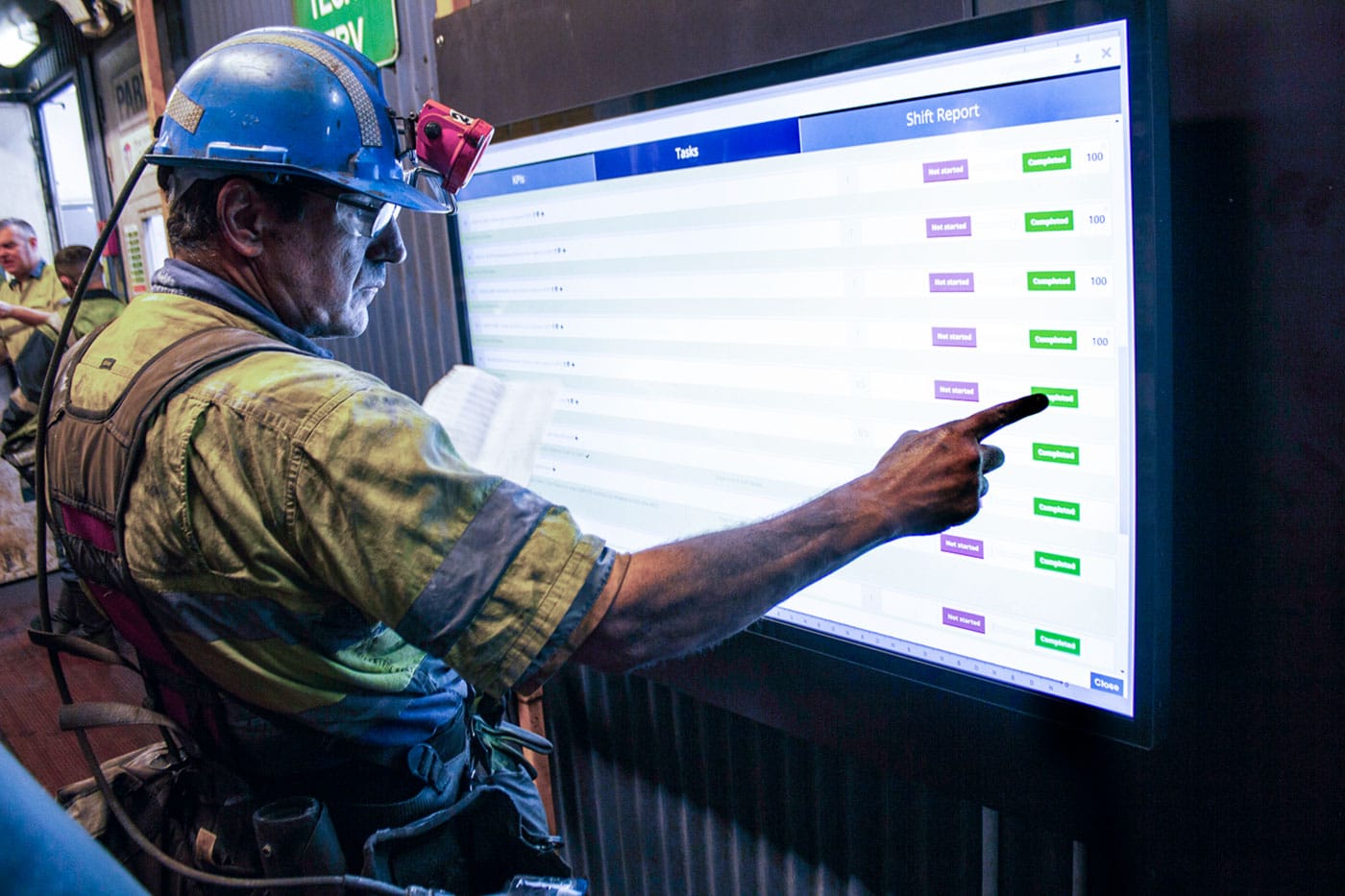Business Challenge
Management consultants have traditionally advocated for spreadsheet-based tools to facilitate planning for large operations. But management operating systems (MOS) reliant on spreadsheets, macros and whiteboards are generally unwieldy and unsustainable.
Consultants will often argue that the success of spreadsheet systems relies on accompanying shifts in the behaviours of employees. This implies that, when the consultant leaves and the new MOS doesn’t deliver what was promised, it’s because behaviours haven’t changed – not because the system is poor.
But in today’s world, a consultancy arguing that “we should focus on the behaviours” and not the tools is like a builder arguing that a good tradesman with a screwdriver can (with the right behaviours) do as well as a similarly trained person with a battery drill.
In reality, the quality and design of the tools you ask people to use each shift makes all the difference. Creating and sustaining new behaviours amongst teams of employees is far easier if they’re supported by an easy-to-use software tool. And to effectively shift behavioural patterns in any organisation, you need to know what drives that behaviour.
This paper explains why a software-driven MOS is easier to implement, more effective and more sustainable. We also explore the ways an organisation can influence sustainable behaviour change in its people.
